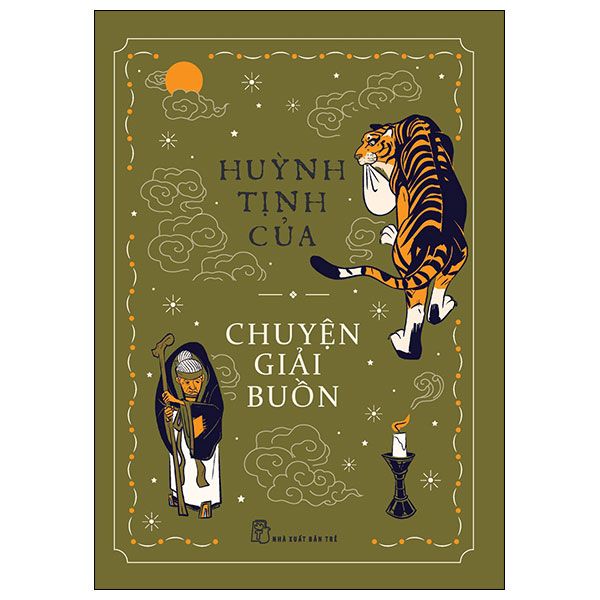 Life & Style
Life & Style

 |
| The cover of Chuyện Giải Buồn (Untold Stories), a book on the South’s history and culture by late cultural researcher and historian Huỳnh Tịnh Của. It was first published in 1886 and recently reprinted in a new version by the Trẻ (Youth) Publishing House in HCM City. Photo courtesy of Trẻ Publishing House. |
HCM CITY Two books on the South’s history and culture by late historians Huỳnh Tịnh Của and Vương Hồng Sển have been released in HCM City.
The publications, reprinted in new versions by the Trẻ (Youth) Publishing House, feature the history of the South’s beginning and development in different periods.
The topics of the local people and their characteristics are highlighted. Southern prominent figures and scholars are also included. The two works include pictures and paintings.
Của’s Chuyện Giải Buồn (Relaxing Stories) was first published in 1886.
It include research works and writings written by Của between 1880 and 1885.
A scholar who studied and translated French and Chinese works, Của worked as an official translating judicial papers for the French colonial government in the South.
He also worked to teach and help popularise chữ quốc ngữ (national romanised Vietnamese script), the modern writing system of the Vietnamese language based on the Latin alphabet.
He died in 1907 in Bà Rịa (now Bà Rịa Vũng Tàu Province). A street in HCM City bears his name.
Cultural researcher Sển’s Truyện Cười Cố Nhân (Folk Jokes), first released in 1972, focuses on habits and funny phenomena in life reflected in southern culture and lifestyle. Folk literature is also included.
Sển was born in 1902 in Sóc Trăng Province. He was also a collector of antiques.
He released more than 20 books on the South’s culture, traditional theatre and music.
He died in 1996 in HCM City. He donated his collection of 840 antiques and artifacts to local public museums.
His house, located in Bình Thạnh District, Nguyễn Thiện Thuật Street, has become a tourist destination.
The old building is still well maintained with big pillars and carved patterns. It displays many ancient objects, paintings and photos.
It was recognised as an “architectural monument” of the city by HCM City authorities in 2003. VNS




